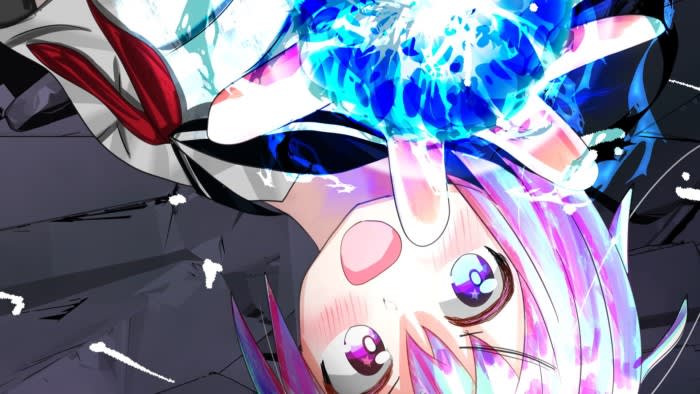Two years ago, when AI-generated images and animations began to infiltrate social media, illustrator Mokume Momoji despaired that Japan was becoming a “paradise for piracy and machine learning.”
“I thought that the job of illustrators would disappear and even creative culture would be lost,” said Mokume, 21, a Tokyo-based university student who works under the pen name illustrator, anime artist and musician. “It felt like we had no future.”
During that time, global tech executives including Meta’s Mark Zuckerberg and OpenAI’s Sam Altman flocked to Tokyo to meet with Prime Minister Fumio Kishida, attracted by the huge potential of AI in an economy facing an aging population and chronic labor shortages. OpenAI subsequently chose Tokyo as the location for its first office in Asia.
Japan doesn’t have its own AI giant, but there’s another reason some tech companies are attracted to the market: Critics say Japanese copyright law allows widespread commercial use of copyrighted images and other material without permission to train AI models.
“There are many reasons why AI companies are attracted to Japan, including the need for Japanese companies to rapidly develop digital capabilities and Japan’s declining population, which makes it very open to AI,” said Yutaka Matsuo, a professor at the University of Tokyo and chairman of the government’s AI council.
“Another attraction is that AI companies are permitted to learn from the information without infringing copyright law,” he added.
Japan’s open-minded approach to AI stands out as countries including the United States, the EU and China develop stricter rules on how tech companies train AI models, and creative industry leaders have also expressed concern about their work being used by AI companies without permission or payment.
Mokume is one of tens of thousands of illustrators, artists and musicians who have spoken out against the lack of protection for copyright holders.
In response, the Agency for Cultural Affairs published new guidelines in March outlining cases in which AI companies could be held liable for copyright infringement, but stopped short of recommending changes to the law.
“When it comes to generative AI, Japan’s current copyright laws do not contribute to protecting creators. Rather, they focus on restricting creators’ rights,” the Japan Copyright Association said in a statement to the Financial Times.
Kishida has led efforts at the G7 and other international forums to tackle what he calls the “dark side” of AI, calling for international guidelines to regulate the use of the emerging technology to reduce the risk of disinformation, but protests from Japan’s creative industries continue.
Minister of Internal Affairs and Communications Takeaki Matsumoto said, “It is said that regulations tend to hinder innovation, but as this is a technology that will have a major impact on society, we need to create clear, solid rules to create an environment in which users can use it with peace of mind.”
Beyond copyright rules, some AI industry executives say Japan is an attractive market for other reasons, including opportunities in the private and public sectors, government support and the ability to stand out in an increasingly competitive field in the United States.
David Ha is a co-founder of Tokyo AI startup Sakana, who previously headed Google’s AI research division in Japan and worked at London-based startup Stability AI. “If you start a company in the San Francisco Bay Area, you’ll be just one of hundreds,” Ha said.
The Kishida administration has used subsidies, including providing government-funded computing power to major companies including Sakana, to attract tech start-ups — the same sort of strategy it used, albeit at a much lower level, to persuade global chipmakers such as Taiwan Semiconductor Manufacturing Co. (TSMC) to manufacture in Japan.
“With regards to generative AI, the Prime Minister has been leading various initiatives in this field and has met with many key IT leaders. They have looked to Japan as having a suitable environment in terms of both ease of living and industrial thriving,” Matsumoto said.
“I think it will be of great benefit to the country’s future to have Japan become a hub for these technologies, including data centers and AI,” he added.
But the push to lure AI companies to Japan has raised alarm among some. Mokume, whose group is made up mostly of illustrators, said he hopes Japan will eventually put in place laws to protect the creative industry and copyright holders.
He said that even without amending the existing copyright law, more protection could be given by interpreting certain provisions more strictly, including a clause stating that the use of a work for AI development is not permitted if the act unduly harms the interests of the copyright holder, given the nature or purpose of the work, or the circumstances of the use.
“If Japan is to play a leading role in the world on AI issues, it cannot tolerate this situation within the country,” Mokume said. “The reality is that no matter how much illustrators are harmed by generative AI, unauthorized learning continues, making it inevitable that overseas AI companies will see Japan as a haven for piracy and machine learning.”


